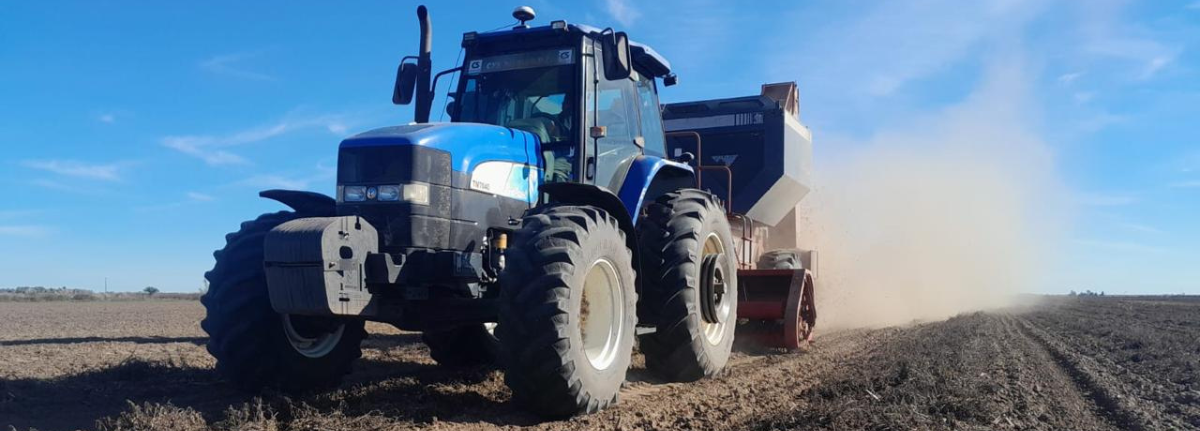We are pleased to share our latest insights on the Argentina peanut crop progress for June.
General Overview 🥜
The 2024/25 peanut season in Argentina is entering its final stage with generally good agronomic results, although the current economic context raises concerns about long-term sustainability.
Despite a challenging start marked by drought and high temperatures during critical periods, the crop shows yields ranging from acceptable to good.
With around 80% of the planted area harvested, national yields are averaging close to 3,500 kg/ha – consistent with previous forecasts. However, the kernel yield (shell-to-kernel ratio) is lower than in previous years, reflecting the effects of climatic stress during key growth stages.
Quality remains good, with no major issues related to aflatoxins, reinforcing Argentina’s strong sanitary profile and supporting the positive outlook for the Argentina peanut crop progress.
Harvest Progress 🌱
Excess moisture in some regions has slowed down harvest operations, likely extending the season through the end of July. However, recent frosts helped dry up pulled peanuts naturally, allowing faster threshing.
This delay increases the risk of field losses and may affect the overall Argentina peanut crop progress.
Unusual snowfalls in Córdoba, La Pampa, and Buenos Aires, followed by widespread rainfall in the core peanut area, may lead to logistical bottlenecks and quality deterioration in the remaining harvest.
Main Challenges ⛓️💥
The sharp increase in planted area has not been matched by a proportional expansion in processing capacity, creating strain both on the production and logistics side.
Main bottlenecks are seen at the plant intake level, where the influx of wet lots requiring artificial drying slows down operations and saturates receiving capacity.
Closing Thoughts 🌱
The 2024/25 season is wrapping up with yields aligned with historical averages and higher overall volume, driven by expanded acreage.
However, this growth comes amid depressed prices, casting doubt on the system’s sustainability. The message from the field is clear: profitability is under pressure, despite solid yields.
This is already leading to reluctance among growers to reinvest in peanuts, and the planted area for next season is expected to shrink. Without market conditions that ensure economic viability, the system is naturally adjusting – favouring crops with lower input needs, more stable performance, and better margins.
As we continue monitoring the Argentina peanut crop progress, it’s clear that both agronomic and economic factors will shape the future of this key sector.


